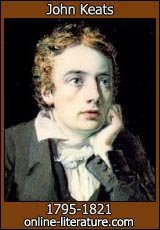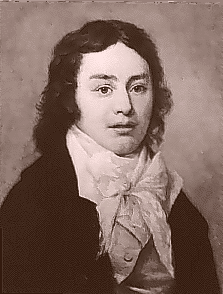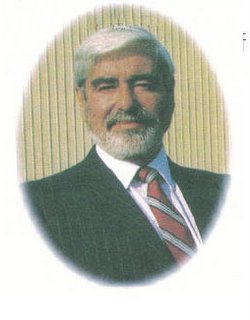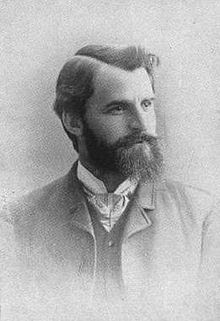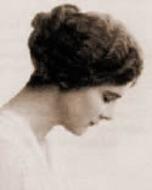
Elinor (Hoyt) Wylie September 7, 1885 – December 16, 1928
New Jersey-born Elinor Wylie led a passionate, flamboyant, sadly too short life. Her search for love led her into three marriages, all ultimately unsatisfactory. One biographer observed that she had three lives:
...That of childhood, shy, timorous, and fairly sheltered; followed by the second, which was passed buried alive; and the third, the shortest of all, as a very famous writer and woman. This period spanned eight years and she acted as if she knew it would be short.
----Olson, Stanley. Elinor Wylie: A Life Apart
She is currently noted as a minor poet which in my opinion does her an injustice. Her poetry, while often seen as depressing by those who "know" is lovely and speaks to me.
Some poems by Elinor Wylie:
Pretty Words
Poets make pets of pretty, docile words:
I love smooth words, like gold-enamelled fish
Which circle slowly with a silken swish,
And tender ones, like downy-feathered birds:
Words shy and dappled, deep-eyed deer in herds,
Come to my hand, and playful if I wish,
Or purring softly at a silver dish,
Blue Persian kittens fed on cream and curds.
I love bright words, words up and singing early;
Words that are luminous in the dark, and sing;
Warm lazy words, white cattle under trees;
I love words opalescent, cool, and pearly,
Like midsummer moths, and honied words like bees,
Gilded and sticky, with a little sting.
Sunset on the Spire
All that I dream
By day or night
Lives in that stream
Of lovely light.
Here is the earth,
And there is the spire;
This is my hearth,
And that is my fire.
From the sun's dome
I am shouted proof
That this is my home,
And that is my roof.
Here is my food,
And here is my drink,
And I am wooed
From the moon's brink.
And the days go over,
And the nights end;
Here is my lover,
Here is my friend.
All that I
Can ever ask
Wears that sky
Like a thin gold mask.
Song
It is my thoughts that colour
My soul which slips between;
Thoughts lunar and solar
And gold and sea-green
Tint the pure translucence
Of the crystal thread;
A rainbow nuisance
It runs through my head.
When I am dead, or sleeping
Without any pain,
My soul will stop creeping
Through my jeweled brain
With no brightness to dye it
None will see where
It flows clear and quiet
As a river of air;
Watering dark places
Without sparkle or sound;
Kissing dumb faces
And the dusty ground.
Winter Sleep
When against earth a wooden heel
Clicks as loud as stone on steel,
When stone turns flour instead of flakes,
And frost bakes clay as fire bakes,
When the hard-bitten fields at last
Crack like iron flawed in the cast,
When the world is wicked and cross and old,
I long to be quit of the cruel cold.
Little birds like bubbles of glass
Fly to other Americas,
Birds as bright as sparkles of wine
Fly in the nite to the Argentine,
Birds of azure and flame-birds go
To the tropical Gulf of Mexico:
They chase the sun, they follow the heat,
It is sweet in their bones, O sweet, sweet, sweet!
It's not with them that I'd love to be,
But under the roots of the balsam tree.
Just as the spiniest chestnut-burr
Is lined within with the finest fur,
So the stoney-walled, snow-roofed house
Of every squirrel and mole and mouse
Is lined with thistledown, sea-gull's feather,
Velvet mullein-leaf, heaped together
With balsam and juniper, dry and curled,
Sweeter than anything else in the world.
O what a warm and darksome nest
Where the wildest things are hidden to rest!
It's there that I'd love to lie and sleep,
Soft, soft, soft, and deep, deep, deep!
Sea Lullaby
The old moon is tarnished
With smoke of the flood,
The dead leaves are varnished
With colour like blood.
A treacherous smiler
With teeth white as milk,
A savage beguiler
In sheathings of silk
The sea creeps to pillage,
She leaps on her prey;
A child of the village
Was murdered today.
She came up to meet him
In a smooth golden cloak,
She choked him and beat him
to death, for a joke.
Her bright locks were tangled,
She shouted for joy
With one hand she strangled
A strong little boy.
Now in silence she lingers
Beside him all night
To wash her long fingers
In silvery light.
Death and the Maiden
BARCAROLE ON THE STYX
Fair youth with the rose at your lips,
A riddle is hid in your eyes;
Discard conversational quips,
Give over elaborate disguise.
The rose's funeral breath
Confirms by intuitive fears;
To prove your devotion, Sir Death,
Avaunt for a dozen of years.
But do not forget to array
Your terror in juvenile charms;
I shall deeply regret my delay
If I sleep in a skeleton's arms.
Prophecy
I shall die hidden in a hut
In the middle of an alder wood,
With the back door blind and bolted shut,
And the front door locked for good.
I shall lie folded like a saint,
Lapped in a scented linen sheet,
On a bedstead striped with bright-blue paint,
Narrow and cold and neat.
The midnight will be glassy black
Behind the panes, with wind about
To set his mouth against a crack
And blow the candle out.
--Cat





